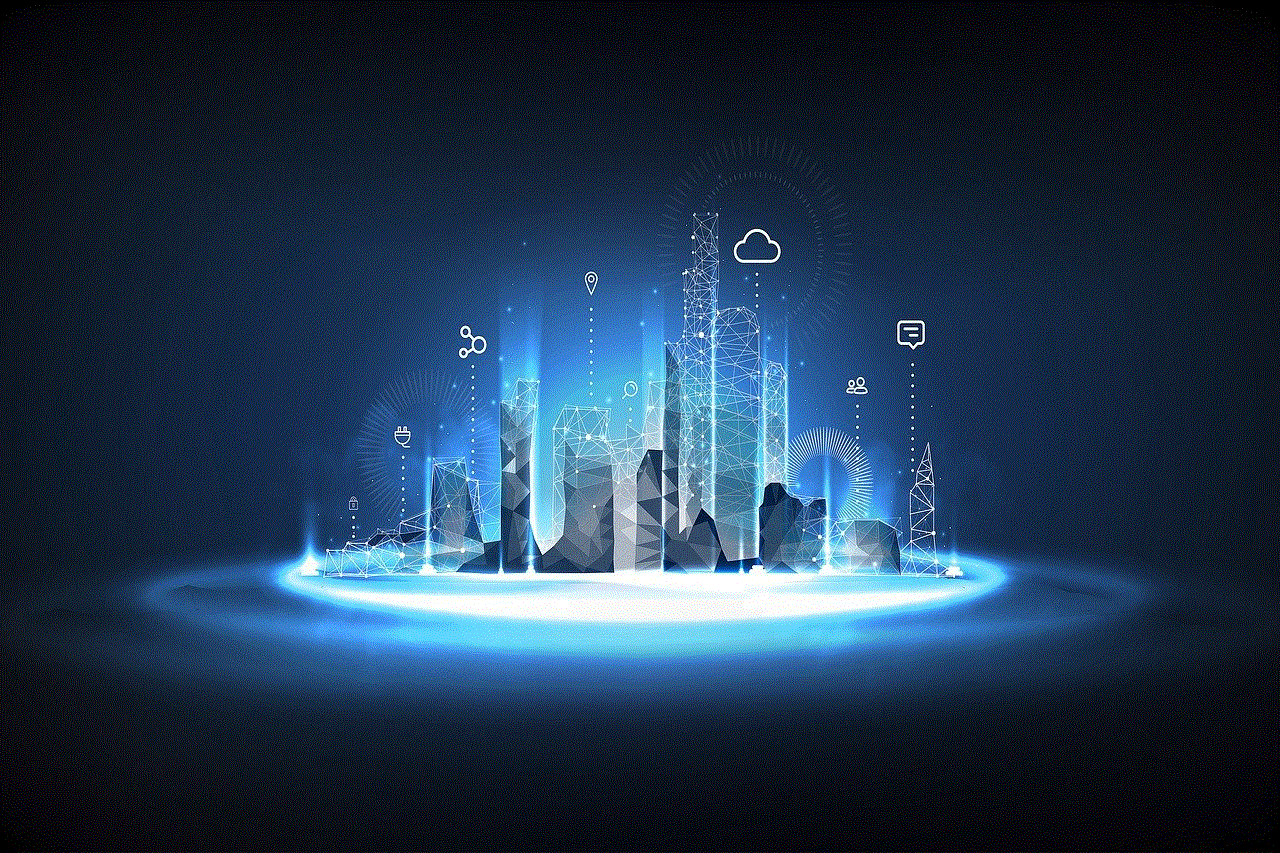whats a gigabyte
A gigabyte (GB) is a unit of digital information that represents one billion bytes. It is commonly used to measure the capacity of computer memory, storage devices, and data transmission rates. The term “gigabyte” was first coined by the International Electrotechnical Commission (IEC) in 1998 and has since become a fundamental unit of data measurement in the digital age.
To understand the significance of a gigabyte, it is essential to first understand the concept of data and digital information. Data refers to any form of information, whether it is text, images, videos, or audio. These data are stored and processed using digital technology, which converts them into a series of 0s and 1s, known as binary code. A gigabyte represents a large amount of this digital information, and it is often used to measure the size of files, programs, and other digital content.
One gigabyte is equal to 1,000 megabytes (MB) or 1,000,000 kilobytes (KB). To put this into perspective, a single gigabyte can store approximately 250 MP3 songs, 500 digital photos, or 60 minutes of high-definition video. It can also hold thousands of pages of text documents, making it a crucial unit of measurement for data storage and transfer.
The concept of a gigabyte has evolved along with the advancements in technology. In the early days of computing, a gigabyte was considered a vast amount of data storage. However, with the rapid growth of digital technology, a gigabyte has become a standard unit of measurement, and it is no longer considered as large as it once was.
One of the main reasons for the increasing use of gigabytes is the exponential growth of digital content. With the rise of social media, streaming services, and digital devices, people are creating and consuming more data than ever before. This has led to a significant increase in the demand for larger storage capacities, and a gigabyte has become the minimum requirement for most devices and applications.
The use of gigabytes is not limited to personal devices and applications; it also plays a vital role in the world of business and technology. For example, companies that handle large amounts of data, such as cloud storage providers, rely on gigabytes to measure their storage capacity and data transfer rates. It is also used to determine the performance of computer systems and networks, making it an essential metric for IT professionals.
One of the most significant advancements that have contributed to the widespread use of gigabytes is the development of solid-state drives (SSDs). Unlike traditional hard disk drives (HDDs), which use spinning disks to store data, SSDs use flash memory chips, making them faster, more reliable, and more energy-efficient. The capacity of SSDs is typically measured in gigabytes, and they have become the go-to storage solution for modern computing devices.
The rise of cloud computing has also played a significant role in the popularity of gigabytes. With the ability to store and access data on remote servers, the need for large storage capacities has become even more crucial. Cloud storage providers offer plans with multiple gigabytes of storage, making it easier for individuals and businesses to store and access their data from anywhere in the world.
The use of gigabytes has also extended beyond traditional computing devices. The growing popularity of smartphones and tablets has led to the development of mobile devices with large storage capacities. Nowadays, it is not uncommon for smartphones to have storage capacities of 128 GB or more, allowing users to store vast amounts of data on their devices.
Another factor driving the demand for gigabytes is the increasing use of high-definition (HD) media. As the quality of digital content continues to improve, the size of these files also increases, requiring more storage space. For example, a standard definition (SD) movie may only take up a few hundred megabytes, while a high-definition (HD) movie can require several gigabytes of storage space.
The use of gigabytes is not limited to storage alone; it also plays a crucial role in data transfer rates. The speed at which data can be transferred between devices is measured in bits per second (bps), and a gigabyte is used to represent the amount of data that can be transferred in a given time frame. For example, a data transfer rate of 1 gigabit per second (Gbps) means that one gigabyte of data can be transferred in one second.
As technology continues to advance, the use of gigabytes is expected to grow even further. With the rise of emerging technologies such as artificial intelligence, virtual reality, and the Internet of Things (IoT), the demand for large storage capacities and fast data transfer rates will only continue to increase.
In conclusion, a gigabyte is a unit of digital information that represents a vast amount of data. It has become a fundamental unit of measurement in the digital age, and its significance will only continue to grow as technology advances. Whether it is used to measure storage capacities, data transfer rates, or the performance of computer systems, the gigabyte plays a crucial role in the world of technology and data.
kmsl meaning slang
Slang terms are prevalent in every language and culture, and the English language is no exception. With the rise of social media and internet culture, new slang terms are constantly being created and circulated, making it challenging for some individuals to keep up with the latest lingo. One such term that has gained popularity in recent years is “kmsl,” an acronym for “kill myself laughing.” This slang phrase is often used in casual conversations and online interactions, leaving many people wondering about its origin, meaning, and usage. In this article, we will delve deeper into the world of internet slang and explore the meaning and usage of “kmsl.”



To understand the meaning of “kmsl,” we must first look at its individual components. The acronym “kmsl” is made up of four letters, “k,” “m,” “s,” and “l,” which stand for “kill,” “myself,” “laughing,” and “kill myself laughing,” respectively. The phrase “kill myself laughing” is a hyperbolic expression that means something is incredibly funny, to the point where one feels like they might die from laughter. The term “kmsl” is often used to express extreme amusement or hilarity, with the intent to make others laugh or to show one’s own amusement.
The origins of “kmsl” can be traced back to the early 2000s when internet slang was gaining popularity among young people. It is believed that the acronym was first used on internet forums and chat rooms, where users would type “kmsl” as a quick way to express their amusement without having to type out the entire phrase. With the rise of social media platforms like Twitter and Instagram , “kmsl” gained even more popularity and has become a common term in online interactions.
The usage of “kmsl” is not limited to the internet; it has also seeped into everyday conversations. It is often used in casual settings among friends and family to express amusement or to make a joke. For example, if someone tells a funny story, another person might reply with “kmsl” to show that they found it hilarious. The term is also widely used in text messaging and other forms of digital communication, making it a common part of modern language.
One of the reasons for the popularity of “kmsl” is its versatility. The term can be used in a variety of contexts, and its meaning can change depending on the tone and context of the conversation. For instance, if someone says “kmsl” in a serious or sarcastic tone, it could indicate that they did not find something funny at all. On the other hand, if it is said with excitement and laughter, it shows that the person genuinely found something amusing. The meaning of “kmsl” can also vary depending on the person using it. For some, it might signify extreme amusement, while for others, it could simply mean that they found something funny.
In addition to its meaning, the usage of “kmsl” has also evolved over the years. Initially, the term was used as a standalone phrase, and it was often followed by an exclamation mark to emphasize the level of amusement. However, with the rise of social media and texting, the phrase has morphed into a hashtag, with the “#” symbol placed before it. This transformation has made it easier for people to use the term on various social media platforms, and it has become a common way to express amusement in the digital world.
While “kmsl” is widely used and accepted among internet users, it has also received criticism for its perceived insensitivity towards mental health. The term “kill myself” is often associated with suicide, and some argue that using it casually in a slang phrase diminishes the seriousness of mental health issues. In response to these concerns, some have suggested alternative meanings for “kmsl,” such as “keep myself smiling” or “kindness makes someone laugh,” to promote positivity and mental well-being. However, these alternative meanings have not gained as much traction as the original phrase, and “kmsl” continues to be used in its original form.
In conclusion, “kmsl” is a popular internet slang term that is used to express extreme amusement or hilarity. Its origins can be traced back to the early 2000s, and it has gained widespread usage with the rise of social media and digital communication. The term’s meaning and usage have evolved over the years, and it is now a common part of modern language. While it has faced criticism for its perceived insensitivity towards mental health, “kmsl” remains a widely used and accepted term in online and offline interactions. As internet slang continues to evolve, it is likely that we will see new terms like “kmsl” emerge, and it is important for individuals to stay informed and aware of the latest lingo to effectively communicate in today’s digital world.
is discord private



Discord is a popular communication platform that allows users to create and join servers, send messages, and voice chat with others. While it is primarily used for gaming, it has also become a popular tool for communities and businesses to connect and collaborate. However, one question that often arises is whether Discord is truly private. In this article, we will delve into the various aspects of Discord’s privacy and explore whether it is truly a secure platform for communication.
To understand Discord’s privacy, we first need to understand how it works. Discord allows users to create servers, which act as virtual spaces where users can communicate with each other. These servers can be public or private, and users can join them by either receiving an invitation or by using a unique invite link. Once in a server, users can send messages, voice chat, and share media with each other. Discord also has the option for direct messages, where users can communicate one-on-one with each other.
One of the main concerns surrounding Discord’s privacy is the collection and use of user data. Like most online platforms, Discord collects user data to improve its services and provide a better user experience. This includes information such as IP addresses, device information, and usage data. However, Discord has a strict privacy policy in place that outlines what data is collected and how it is used. The platform also allows users to control their data by providing options to delete or export their data.
Another aspect of Discord’s privacy is the security measures in place to protect user data. Discord uses industry-standard encryption to secure all communication on the platform, including messages and voice chats. This means that all data is encrypted before it leaves the user’s device and can only be decrypted by the recipient. Additionally, Discord has implemented various security features, such as two-factor authentication and IP location restrictions, to prevent unauthorized access to user accounts.
One of the main reasons why Discord is considered a private platform is because of its end-to-end encryption. This means that only the sender and recipient have access to the content of their messages. Discord’s servers do not store any messages or media, and they are automatically deleted after a certain period of time. This ensures that even if Discord’s servers were to be hacked, the data would be useless to the attackers.
However, it is important to note that end-to-end encryption is only available for direct messages and not in servers. This is because servers are designed for group communication, and end-to-end encryption would make it difficult for multiple users to access and view messages. Instead, servers use server-side encryption, where the server has access to the content of the messages but cannot view it unless necessary. This is done to ensure that Discord can moderate and enforce its community guidelines, such as prohibiting hate speech and harassment, without compromising user privacy.
Another aspect that adds to Discord’s privacy is its anonymity. Unlike other platforms, Discord does not require users to provide their real names or personal information. Users can choose a username and profile picture, which can be changed at any time. This allows users to remain anonymous and only share personal information with people they trust. However, this anonymity also poses a risk as it can make it difficult to identify and report users who engage in inappropriate behavior or violate the platform’s terms of service.
Discord also allows users to control their privacy settings. For example, users can choose to block or mute other users, restrict who can add them as a friend, and control who can see their online status. This gives users the ability to customize their privacy according to their preferences and comfort levels. Additionally, Discord has a Trust and Safety team that investigates and takes action against any reported violations of its community guidelines.



One of the main criticisms of Discord’s privacy is its use of targeted ads. Like other free platforms, Discord generates revenue through targeted advertising. This means that user data, such as browsing history and interests, is used to show relevant ads. This has raised concerns about how much user data is being collected and how it is being used. While Discord has assured users that their data is not sold to third parties, some users are still wary of the platform’s data collection practices.
In conclusion, Discord can be considered a private platform when compared to other communication platforms. Its end-to-end encryption, strict privacy policy, and security measures make it a secure platform for communication. However, like any other online platform, there are still privacy concerns that users should be aware of. It is important for users to understand Discord’s privacy policies and make informed decisions about their personal data. As long as users take necessary precautions and use the platform responsibly, Discord can be a safe and private space for communication.